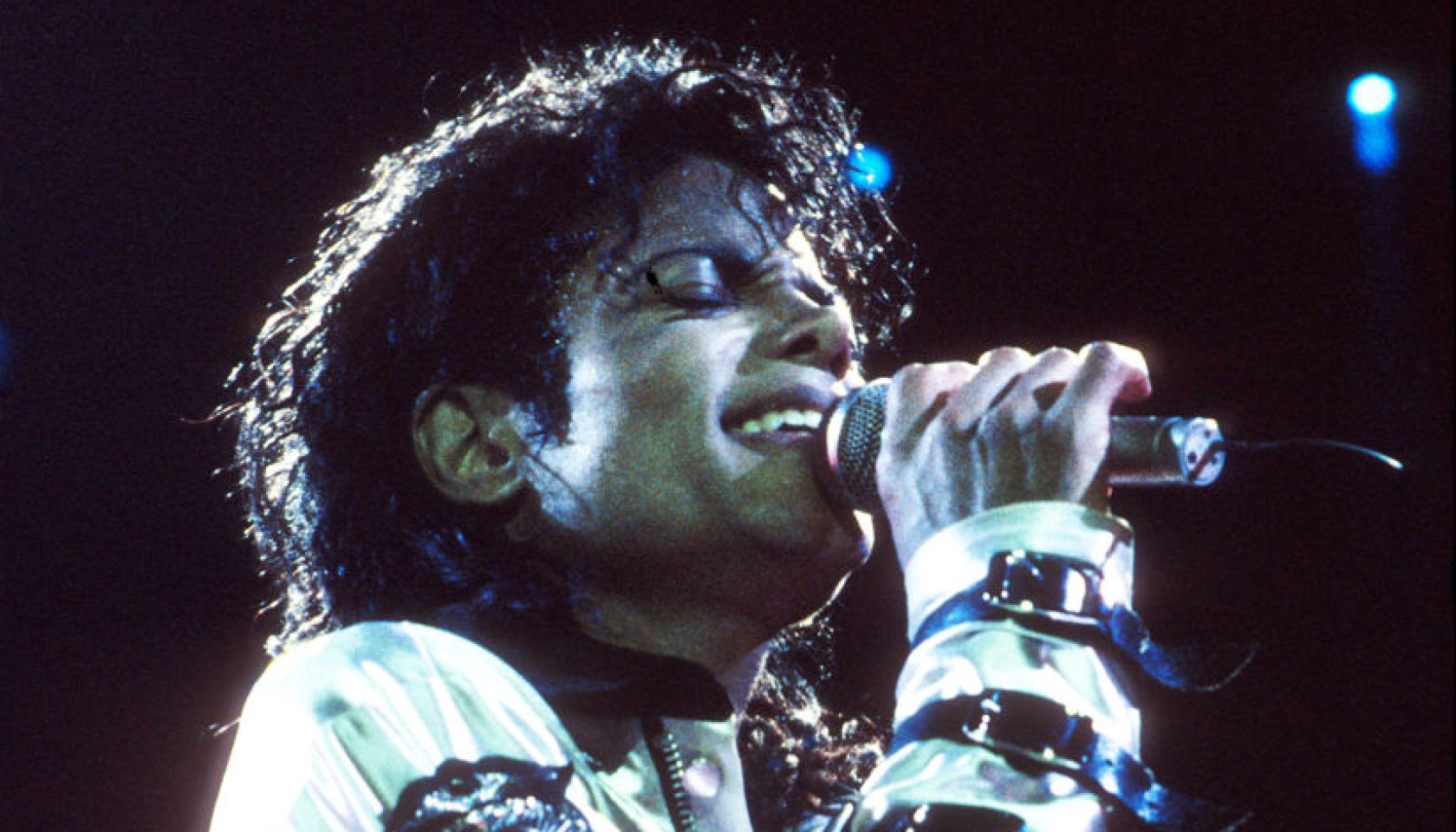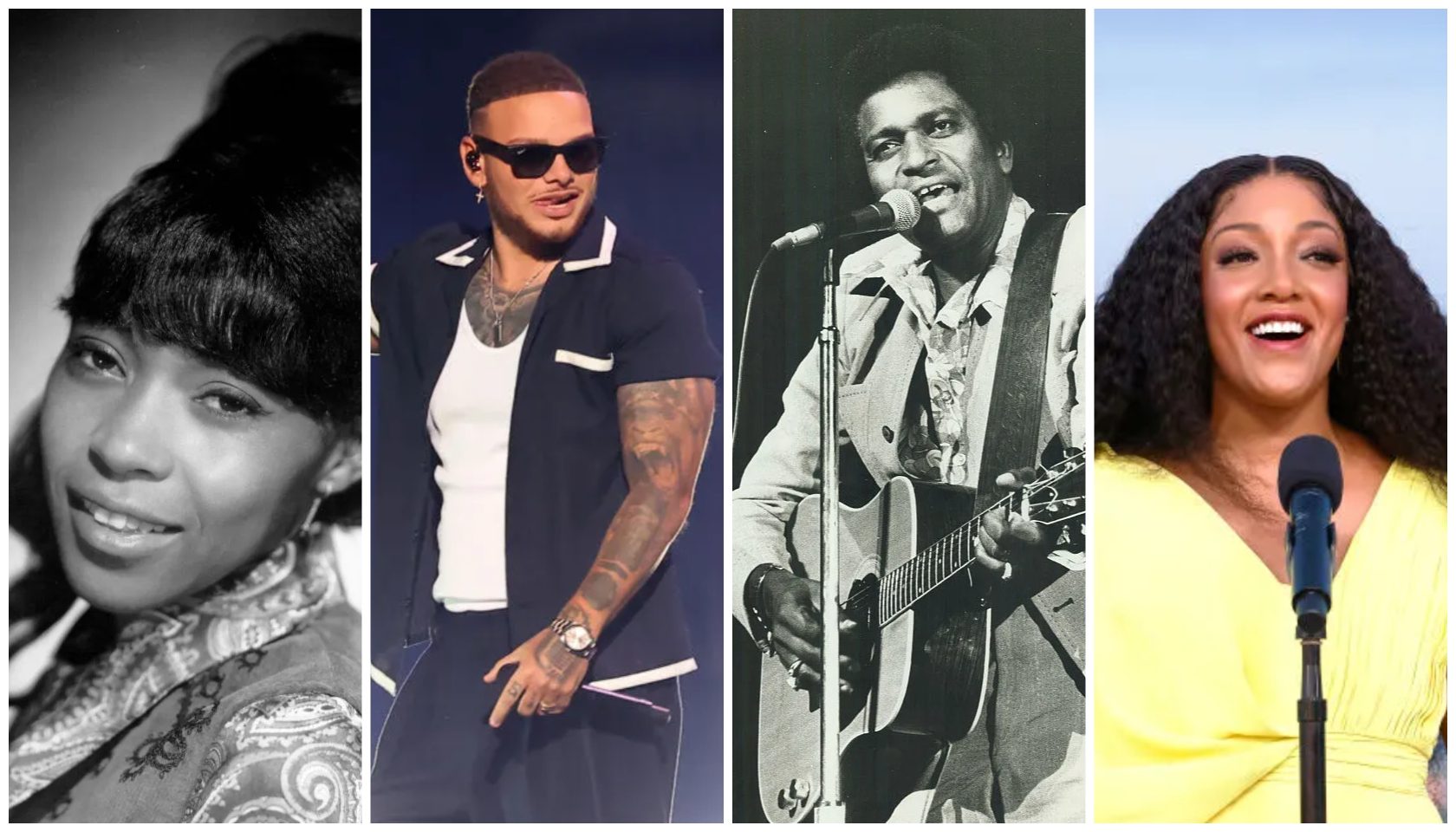Black Marriage in Trouble? Hyping the Crisis
Over the years, I’ve talked about black relationships a lot. I keep coming back to it because relationships are the base of strength in our community. Marriage. Family.
In fact, the reason why the impact of slavery is still so real for us today is because of its decimation of our families.
I bring this up again because black marriage has been a topic much in the news lately – rumors about Kobe and Vanessa Bryant, the media rehashing of Whitney and Bobby Brown’s troubled union, the on and off divorce of Bishop Eddie and Vanessa Long, just to name a few. A good number of scholars have repeatedly talked about a marriage crisis in our community, with many people opting to remain single and increased divorce rates.
This has been a topic of real concern to me because if marriage and family are the basis of our strength, then what does it say about the health of our community?
But maybe scholars have been looking at the whole thing from the wrong perspective. In fact, some recent research suggests that we are. You see, the new research claims that the data commonly used by scholars and the media to support our current perceptions of a “marriage crisis” in the African-American community are skewed and misleading.
Two scholars, Howard University’s Dr. Ivory A. Toldson and Morehouse’s Dr. Bryant Marks, contend that the statistics about black relationships have been intentionally presented in a negative light.
After conducting an independent review of census data and national surveys, the two researchers painted a very different picture of marriage in the black community than we’re commonly led to believe. They have established that most black women do get married. While mainstream media frequently report that 42 percent of black women have never been married, double the number of white women who have never tied the knot, Toldson and Marks show that, among black women 35 and older, the percentage that have never been married drops to 25 percent, which means that a solid majority – or 75 percent – of black women get married before they turn 35.
In other words, folks, while the original numbers are still true, it’s the way these numbers are reported that provoke us to believe there’s a more extreme marriage crisis in our community.
Since the original data includes all black women 18 and older, once you raise the age to eliminate the younger women – we don’t expect to be married at such a young age anyway – we have much less of a crisis.
You with me, folks? I hope so, because this different way at looking at the same numbers shows us how easily one can create a crisis, as opposed to just an issue of which we should be aware. Media has the power to do this, and we should be vigilant because it can determine or skew how we see ourselves.
Another point uncovered by this research: There are many more successful black men out there than we think, but the original figures include overlapping statistics.
For example, if a high school drop-out and an incarcerated felon are in two different categories to be counted, then that’s one thing, but if that dropout and felon are the same person, and the categories don’t reflect this, those numbers are doubled unnecessarily and skew the reality.
Toldson and Marks also challenge the cultural myth that successful black men prefer to marry outside their race, noting that among married black men who make over $100,000, 83 percent have black wives, and among those with college degrees, 85 percent have black wives.
The take away from all this? Well, Toldson and Marks suggest we do three things:
– Analyze the scholarly and media agendas to see if someone is benefitting from representing something as a crisis.
– Keep the dialogue positive since what we believe about ourselves can become true if we keep believing it.
– Rid yourself of a “black=bad” mentality where we automatically assume a statistic or issue relating to our community has to be negative.
Now, I am not saying that marriage is not an issue of concern in our community. It is, and it should be we definitely need more healthy marriages.
That said, it’s a matter of truth and perception and how easy it is for others to control and affect what we think of ourselves, and how they can selectively get us to buy into the manufactured crisis of the moment.
So I’ll end with a simple yet profound statement that Chuck D of Public Enemy repeatedly impressed upon us two decades ago: Don’t believe the hype.
















